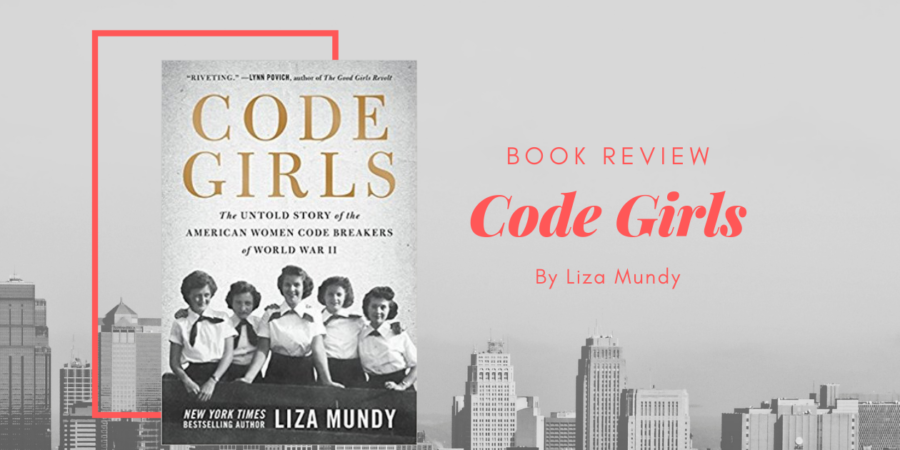Last year, I read about Bletchley Park and found out about a whole new side to WWII that I never even knew about. This year, I found this book, about the secret American code-breaking operation, and realised that Bletchley Park is just half of the story.
Like the title says, Code Girls is about the ten thousand women who were recruited by the United States to help with the war effort. While they had been largely left out of various fields, the fact that cryptography was so new meant that there was a crack that let women make their way in this field. Several of them were naturally talented and proved to be pivotal as they deciphered secret messages that helped the Allied forces plan successful attacks – including D-Day.
Obviously, I found this book to be fascinating and eye-opening. And at times, it was infuriating; despite the great work that these women did, some of the men still couldn’t let go of their sexist ideas. One instance that had my blood boiling was when a group of them were forced to do menial work by officers who didn’t believe that they were at a particular place for a purpose, or even call their captain to verify it.
Apart from the sexist incidents, the book also talks about the basics of cryptography as well as the conditions of work and life for the women here. It was fascinating to see how these women jumped at the chance to serve – even at lower pay – and held their tongues about the nature of what they were doing for so long. Mundy attributes that to the social norms of that time, which didn’t really put an emphasis on promoting yourself, but if I were doing such important work and others were looking down on me because they didn’t know (like some of the girls who had brothers in the army), it would have been a struggle to keep my mouth shut.
Code Girls is broken up into three parts: part one talks about the recruitment and initial code-breaking efforts, part two is when they’re in the thick of the war, and part three is the ending. While the book did start off with a few key characters, the fact that the navy and the army had their own units meant that there were, ultimately, too many characters to keep up with. So when the book closed off with the post-war stories of some of these women, it took quite a bit to remember who was who. Perhaps that’s the hardest part of trying to tell the story of many people – there are so many important stories worth telling that the individual story doesn’t get as much flavour or attention it needs to stand out.
Overall, this was an interesting book that emphasised the importance of women to the Allied war effort, something that was neglected in the WWII history books that I got in school. I think it’s great that more of these books are appearing, and if you want to read more about the contributions by various women to the war effort, I’d also recommend The Girls of Atomic City, which is about the nuclear bomb and how women contributed to its development.
